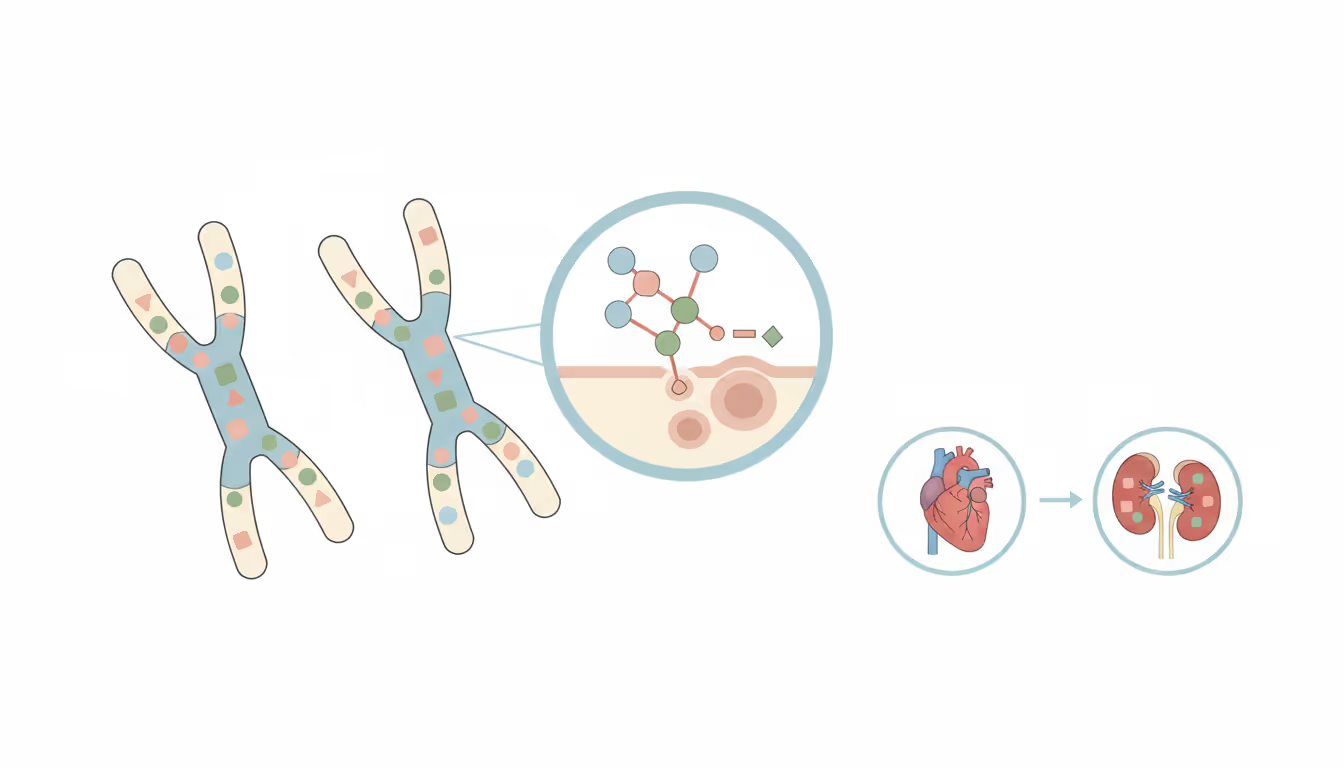
Genetics of Transplantation:This branch of biology and medicine focuses on the genetic factors that influence whether a transplant is accepted or rejected. The MHC (major histocompatibility complex) contains the most crucial genes determining the outcome of a transplanted cell, tissue, or organ. The MHC was initially discovered through research on tumor transplantation in mice by Peter Gorer in 1937. In 1980, George Snell, Jean Dausset, and Baruj Benacerraf were awarded the Nobel Prize in Physiology or Medicine for their significant work in identifying and understanding the MHC.The MHC represents the most genetically diverse system found in humans. The term "polymorphic" indicates that numerous gene variations (polymorphisms) exist at a specific gene location, making it rare for unrelated individuals to share identical MHC genes. The primary role of MHC antigens is to present themselves to the immune system, aiding in the differentiation between self and non-self entities. These antigens, known as HLA (human leukocyte antigens), are divided into three regions: Class I (HLA-A, B, Cw), Class II (HLA-DR, DQ, DP), and Class III (which lacks HLA genes).The requirement for HLA compatibility varies depending on the type of transplant. For bone marrow transplantation, HLA matching is vital to prevent cell rejection. In contrast, HLA matching is less crucial in corneal transplants due to the cornea's lack of blood vessels and its "immunological privilege." While HLA matching is not essential, it can enhance the success rates of most solid organ transplants, such as those involving the kidney, liver, heart, lung, pancreas, and intestine.




